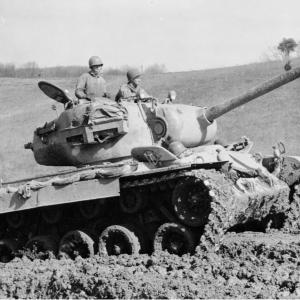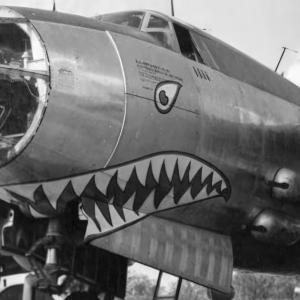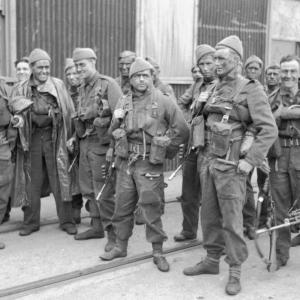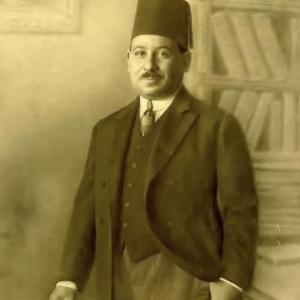
On this day in military history…
The last day of the Battle of Britain, fought on October 31, 1940, marked a turning point not just in the Second World War but in the very fate of Britain itself. After months of relentless aerial combat, the Royal Air Force had stood firm against the might of the German Luftwaffe, defying the odds and preventing an invasion that could have changed the course of history. The battle had begun in earnest in July, with Hitler’s goal being to gain air superiority over southern England as a precursor to Operation Sea Lion, his planned invasion of Britain. For months, wave after wave of German bombers and fighters crossed the Channel, targeting RAF airfields, radar stations, ports, and eventually cities in a campaign that became known as the Blitz.
Throughout this period, the RAF fought with extraordinary determination and courage. Pilots flew multiple missions a day, often outnumbered and facing far more experienced German airmen. But thanks to a combination of radar technology, effective leadership, skilled pilots from Britain and many other nations, and the sheer will to defend their homeland, the RAF managed to hold the line. In what was one of the most intense and sustained air battles in history, both sides suffered heavy losses. By the end of October, the Luftwaffe had lost approximately 1,977 aircraft, while the RAF had lost around 1,744. However, the difference lay not just in numbers but in consequences. The RAF, defending its home turf, could repair airfields and recover pilots who bailed out. For the Germans, losses meant longer replacement times and pilots who were often lost for good. British civilian and military casualties during the battle included over 20,000 dead and wounded, while the Luftwaffe also lost thousands of experienced aircrew.
As October drew to a close, it became clear that the Luftwaffe had failed to achieve its main objective. The RAF was bloodied but unbroken, and crucially, still very much operational. Adolf Hitler, frustrated by the failure to crush Britain's air defenses, reluctantly postponed the invasion of Britain indefinitely. While German bombing raids would continue throughout the war—particularly at night during the Blitz—the full-scale aerial assault that defined the Battle of Britain was effectively over. It had not been for lack of effort or firepower, but rather because the resistance had been too strong, too fierce, and too unyielding.
The importance of this victory cannot be overstated. Britain stood alone at that time in Western Europe, and had the RAF failed, a German invasion might well have followed, with untold consequences. The successful defense gave Britain a critical respite and the confidence to carry on the fight. It also sent a powerful message to the world that Nazi Germany was not invincible.
It was in recognition of this incredible effort that Winston Churchill delivered one of his most famous speeches, saying, “Never in the field of human conflict was so much owed by so many to so few.” He was speaking of the RAF fighter pilots who had risked and, in many cases, given their lives in defense of their country. These men, later known as “The Few,” became symbols of courage and sacrifice. Their actions during those critical months ensured that Britain lived to fight another day, and ultimately, to win the war.










